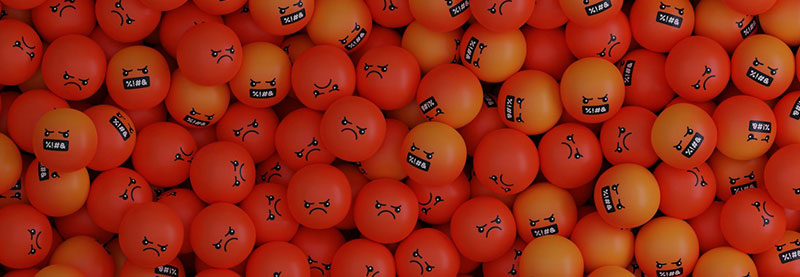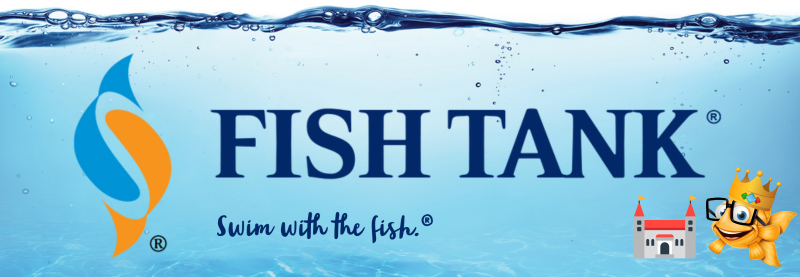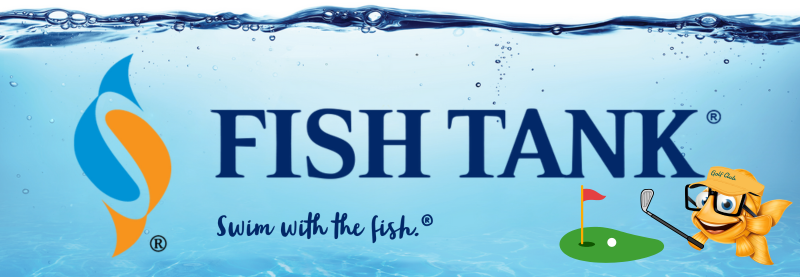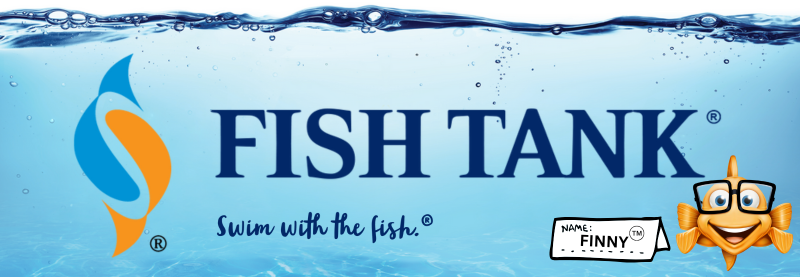Intellectual Property Insights from Fishman Stewart PLLC
Newsletter – Volume 24, Issue 20
Share on Social
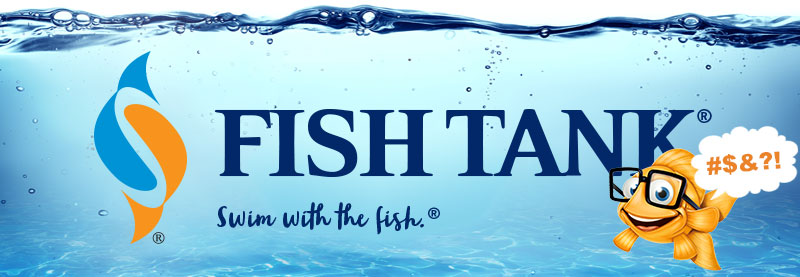
OH SHOOT & WTF: REGISTERING BAD, DISPARAGING AND SCANDALOUS WORDS AS TRADEMARKS
It was on or about October 2, 2021, that a cry at a NASCAR race, “FUCK JOE BIDEN,” was re-interpreted as the more benign “LET’S GO BRANDON.” Almost immediately people began applying for U.S. trademark registrations for this phrase and close variations, including my personal favorite, VAMOS BRANDON. Not one of the 27 applications was accepted by the USPTO, with the reason given that the phrase “fails to function” as a trademark.
Yet, on April 2, 2024, the U.S. Patent and Trademark Office (“USPTO”) issued Reg. No. 7344225 for FUCK for gummy candies, and on October 13, 2020, it issued Reg. No. 6172195 for FUCK for snow globes. The apparent difference is, “FUCK” was being used as an actual trademark to designate products, as opposed to a mere decoration on a t-shirt. The USPTO issued other “off color” registrations for FIX YO SHIT, Reg. No. 6003939, for online physical exercise training services, SUPER SHIT AREIN, Reg. No. 6375831, for clothing and spice blends, and SOCIETY AINT SHIT, Reg. No. 7194337, for, among other items, baseball caps, crop tops, footwear and gloves.
Historically, the “bad word” marks above would have been refused as “immoral” or “scandalous.” That changed due to the Supreme Court’s 2019 Iancu v. Brunetti decision. The Supreme Court said that the Trademark Office’s refusal to register the mark FUCT was a First Amendment violation.
The decision to allow swear words to be registered followed on the heels of another win for expressive trademarks that may express sentiments not all viewers can appreciate.
The Supreme Court’s 2017 decision in Matal v. Tam said marks with disparaging words are registrable. The Court held that the USPTO unconstitutionally denied the all-Asian rock group, “The Slants,” permission to register their band name as a trademark. The USPTO had relied on the Trademark Act’s provision prohibiting the registration of trademarks that may “disparage . . . or bring . . . into contemp[t] or disrepute” any “persons, living or dead.” Justice Alito wrote for the Court that, “if there is a bedrock principle underlying the First Amendment, it is that the government may not prohibit the expression of an idea simply because society finds the idea itself offensive or disagreeable.”
So, is everything eligible for registration?
Well, not if the phrase is not used to identify the source, as the filed mark ASSHOLES LIVE FOREVER failed to do. In In re Kirill’s Big Brain, the Trademark Trial and Appeal Board held that the phrase failed to function as a trademark, but rather, is “merely informational in nature.” To explain, rather than a source designator for product or services, ASSHOLES LIVE FOREVER is actually a rallying cry for those admitting that they are assholes.
Yes, really.
Barbara Mandell is a partner at the firm. She has over 30 years’ experience in complex litigation. Her practice is focused on litigating, arbitrating and counseling her clients on patent, trademark and licensing matters as well as antitrust law.

Related Content from Fishman Stewart
Despite her pseudo-legal background in Suits, Meghan has been running into one issue after another in her efforts to register the trademark and logo for her new lifestyle company, for now, called “AS EVER”.
By 1930, efforts began in New York to replace Mother's Day with Parent's Day because men were more than just breadwinners. Those efforts didn't catch on, probably because in that era, women often spent more time in the home.
In February, Nike and Skims announced that they will be working together on a new brand, NikeSkims. The co-brand will create a new line of training apparel, footwear, and accessories specifically designed to meet the unique needs of women athletes.
Generally, federal courts have exclusive jurisdiction over copyright cases, and often, this presents an insurmountable paywall for individual artists and small businesses to vindicate their rights, especially where the value of the individual copyrighted works are relatively low.
Dedicated to raising public awareness about the importance of encouraging innovation and creativity throughout the world, the World Intellectual Property Organization (WIPO) annually observes World Intellectual Property Day on April 26 to showcase the role that patents, trademarks, industrial designs, copyrights and trade secrets play in our everyday lives.
Hold onto your foam fingers, sports fans – college sports just got a whole lot more interesting! The latest updates to Name, Image, and Likeness (NIL) rules are making student-athletes bigger than ever, and it’s not just about the game anymore.
Did a federal court in Louisiana recently decide that US copyrights are global rights? It seems so.
L.A.B. Golf aims to protect its innovations, and therefore its market position, owning three patents for its zero-torque design. The question now is whether L.A.B. Golf can withstand the wave of copycat designs.
One of his most famous songs, “Lose Yourself” was recently at the center of a lawsuit. In 2019, Eminem’s publishing company Eight Mile Style sued Spotify claiming that Spotify streamed a number of its musical compositions without proper licenses.
Our latest article tackles three common trademark questions: 1. Can I trademark my own name? 2. Can I trademark the name of a fictional character? 3. Can I trademark the name of a U.S. president or British royal?
IDENTIFYING, SECURING AND ADVANCING CREATIVITY®


